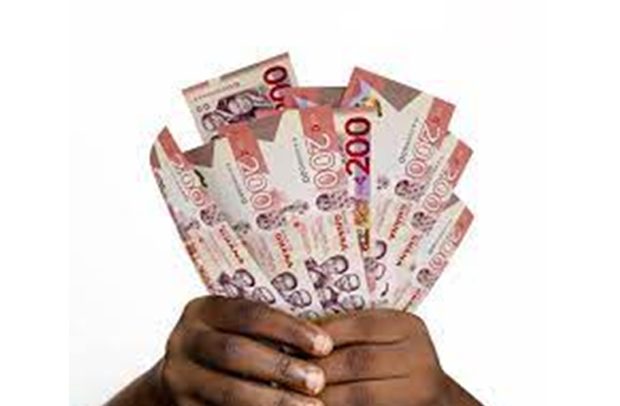Moody’s Investors Service (Moody’s) has upgraded Ghana’s local currency, Cedi’s long-term issuer rating from Ca to Caa3, indicating a stable outlook has been maintained.
This upgrade comes as a result of the completion of the government’s primary local currency debt restructuring, which has reduced the expected losses on local currency debt in the future.
The debt exchange has provided Ghana with some fiscal relief, reducing the likelihood of seeking another debt restructuring of a similar scale from the same creditors in the near to medium term.
This decision is driven by the potential damage it would cause to Ghana’s financial sector. Furthermore, official sector support has begun, with the International Monetary Fund (IMF) disbursing funds under its program with the country.
Additionally, Moody’s has upgraded the local currency senior unsecured MTN program rating from (P)Ca to (P)Caa3.
However, the Caa3 rating still reflects the existing risk of potential default, which remains a tangible concern until Ghana settles its local currency debt that has not undergone restructuring and restructures its foreign currency debt.
The stable outlook indicates a balance between downside and upside risks. On one hand, prolonged negotiations regarding the restructuring of the government’s foreign currency debt and increasing limitations on accessing local currency funding pose downside risks that could result in a more significant loss than indicated by the Caa3 rating in another local currency debt restructuring.
On the other hand, there is the possibility of a relatively smooth foreign currency debt restructuring process, coupled with Ghana’s fiscal and external adjustment supported by the official sector, including the IMF. These factors contribute to the balanced outlook.
By Jamila Akweley Okertchiri


